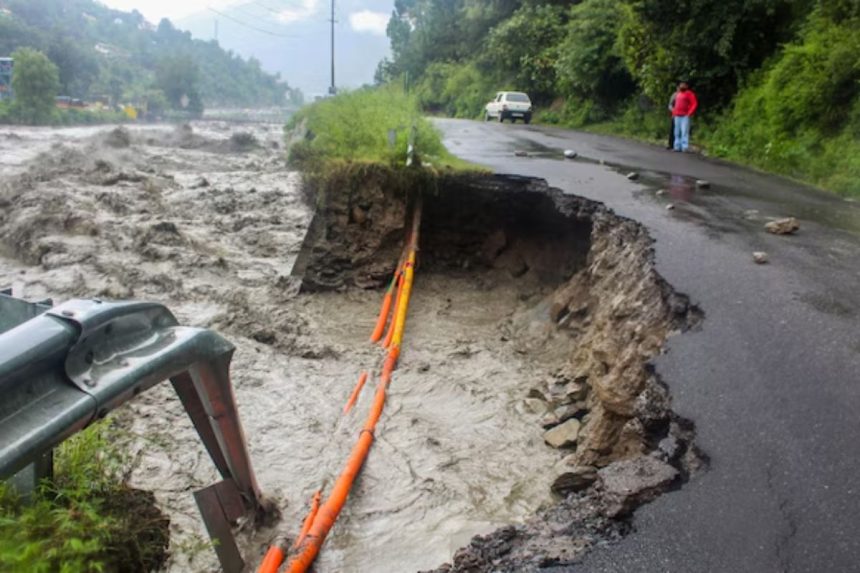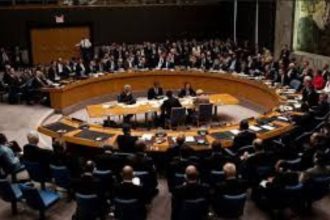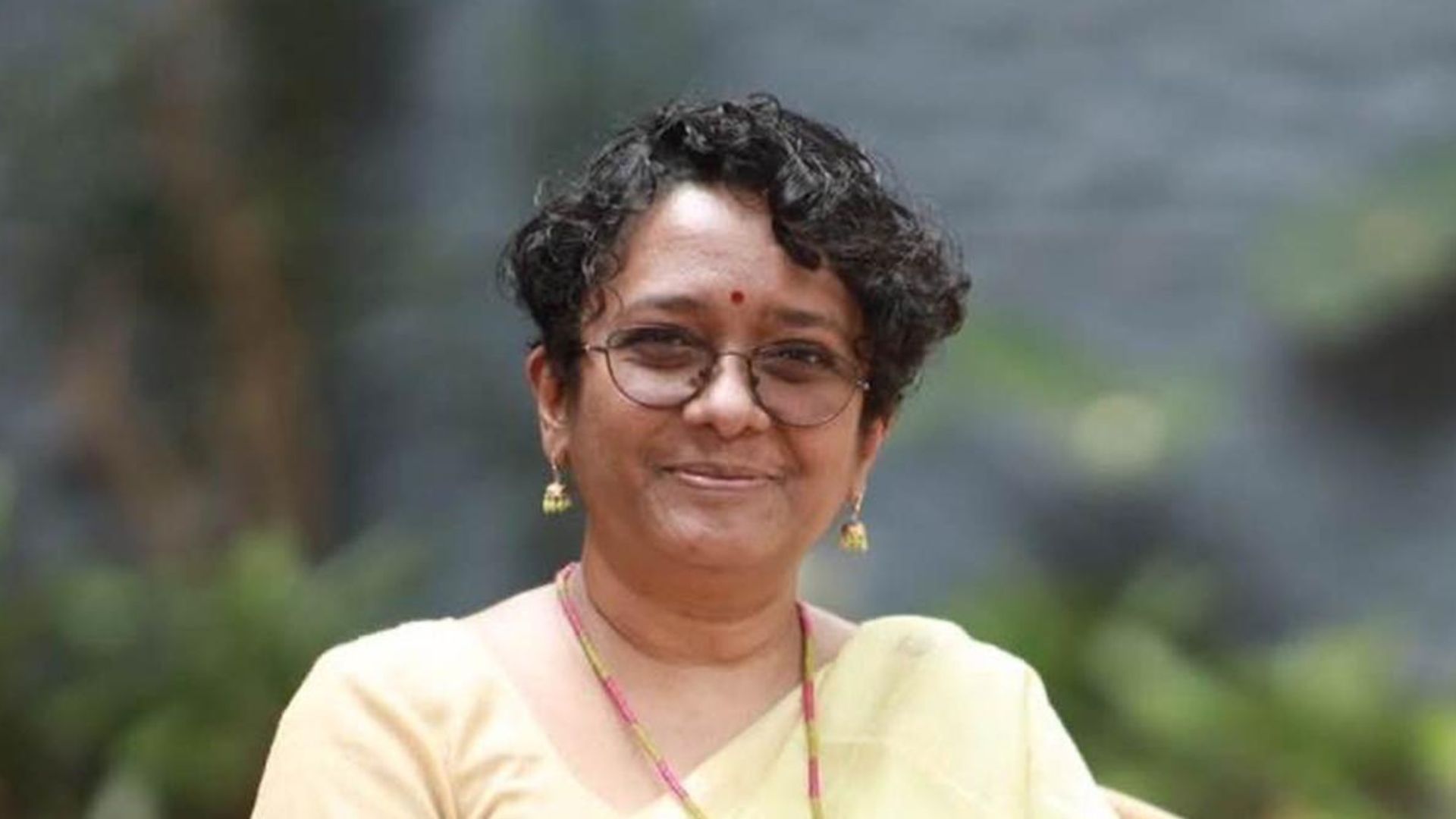The visuals and reports from north India are worrying and distressing. August rains have played havoc inundating entire districts, and landslides wiping out villages. While Himachal and Uttarakhand have been facing the situation regularly in monsoons for many years now, Jammu and Punjab have had such devastating floods after decades.
Himachal has had more than 300 deaths so far and seems to be the worst affected. The NDMA and NDRF formed after the 2004 tsunami, has done well in forewarned cyclones but, its has fallen short in preparing for such widespread disasters. The worst part has been the politics of these disasters. It seems like the center has left the states to fend for themselves.
Floods happen when the natural water channels like streams and rivers are either overwhelmed or when water can’t reach them due to obstruction. Urban flooding is mainly due to the latter. Yesterday the Supreme Court took suo motu cognizance of the issue and issued notices to all four northern states, over illegal felling of trees, which the court said led to increased flooding.
It’s true to a great extent, because trees hold on to topsoil and channel water to specific routes leading to streams and rivers. This helps conserve the natural flows and the micro watersheds. Large scale felling of trees has led to erosion which has disrupted the topography of the regions and obliterated the micro watersheds, obstructing the flow of water.
The lens report from bastar substantiates the observation. It has noted that in unprecedented floods in bastar, the worst in 95 years, the mining areas with deforestation were inundated, while the forested areas of abhujhamad were spared, despite receiving higher rainfall.
Pakistan despite its higher hydraulic dams and canals has been facing floods regularly, the Indian side of Punjab has also faced it this year. This is being said to reflect climate change.
This once again brings focus to environmental concerns. The fragile Himalayan ecosystem needs to be protected from both predatory faith and capital. The total diversion of Punjab river water, has destroyed their beds, which now cannot handle surplus runoff.
The most important issue now is of insufficient relief and compensation. The states are not capable of providing, both fiscally and technically. The center is reluctant. No senior minister or the prime minister has visited them. Our parliament has not discussed them either.
Going by recent trends, Mr Rahul Gandhi should immediately visit the areas, if that is what it takes for the PM to respond.









